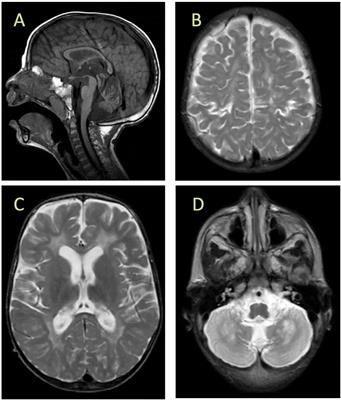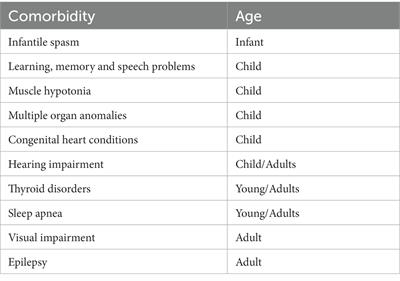CASE REPORT
Published on 23 Dec 2024
Case report: Clinical and genetic characterization of a novel ALDH7A1 variant causing pyridoxine-dependent epilepsy, developmental delay, and intellectual disability in two siblings
doi 10.3389/fpsyt.2024.1501238
- 507 views



